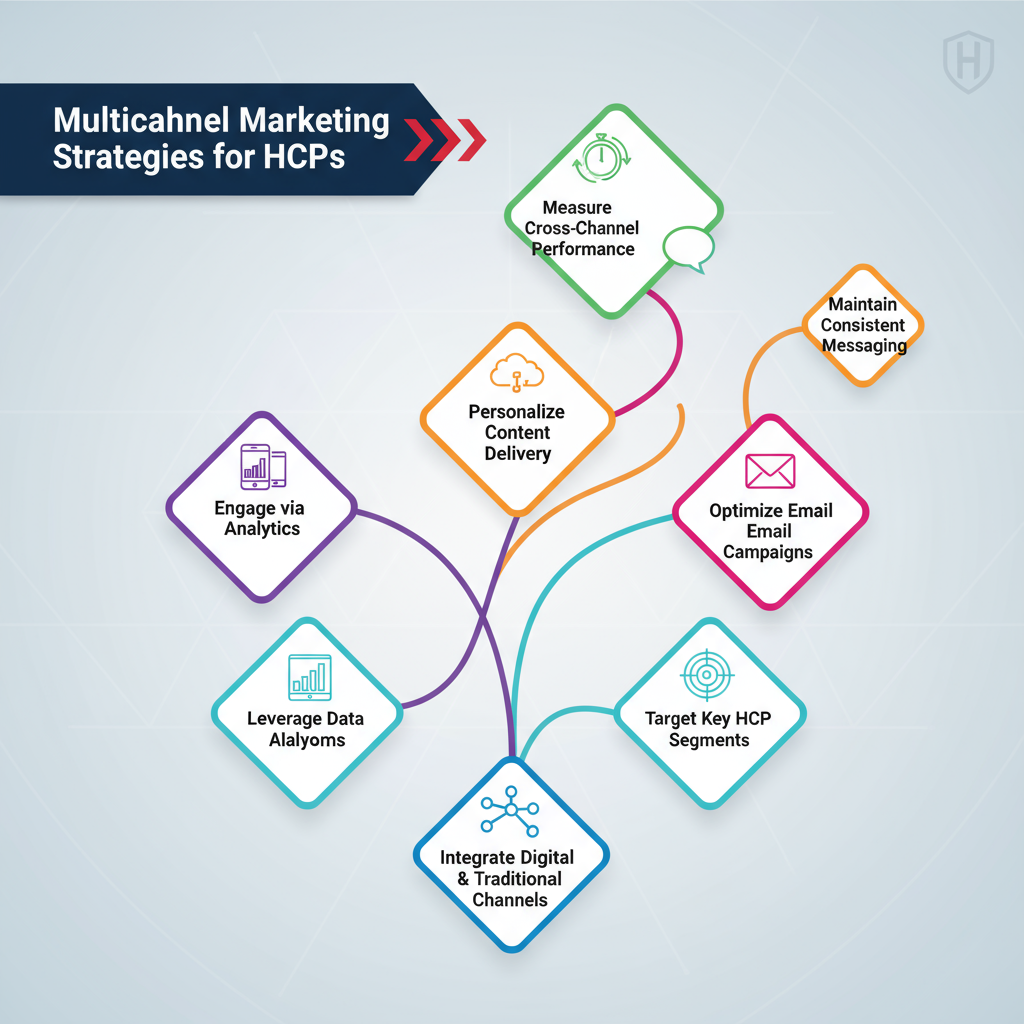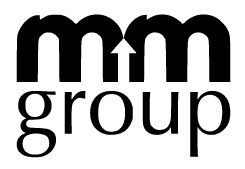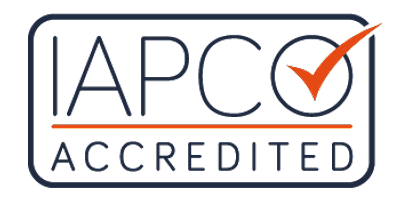Back to Blog
HCP Marketing
Featured
Strategic Marketing to Healthcare Professionals: Modern Approaches for Maximum Impact
This article explores effective strategies for engaging healthcare professionals (HCPs) in an evolving medical landscape. It addresses the unique pain points clinicians face, practical digital outreach methods, the role of CME programs, and actionable solutions for driving value through ethical, data-driven marketing .
.webp)
Understanding HCP Pain Points
Healthcare professionals face increasing demands such as time constraints, information overload, and regulatory complexities. Successful marketing begins with empathy—understanding clinicians’ workflow challenges, educational needs, and barriers to care delivery. By mapping these pain points, marketers can create relevant messaging that resonates and supports professional growth.
Building Authentic Value
Marketing to HCPs requires content that is educational, evidence-based, and clinically relevant. Strategies should prioritize peer-reviewed data, practical case studies, and unbiased product information. Working with Key Opinion Leaders (KOLs), medical associations, and academic partners enhances credibility and trust.
Omnichannel Digital Engagement
A multichannel approach enables better reach and personalization. Effective tactics include:
- Targeted email campaigns with CME invitations and educational resources
- LinkedIn posts that foster dialogue on scientific advances and clinical pain points
- Webinars and virtual conferences that facilitate engagement and clinical education
- Custom landing pages for audience segmentation and conversion tracking
Leveraging CME and Learning Programs
Collaborating on continuing medical education (CME) initiatives provides direct value for HCPs. CME programs address knowledge gaps and support lifelong learning, making them suitable anchors for relationship-building and content delivery. Marketers should focus on supporting critical appraisal skills, regulatory updates, and specialty-specific advances.
Data-Driven Personalization
Modern marketing relies on data analytics to segment audiences, track engagement, and refine content. Privacy and compliance (e.g., GDPR, HIPAA in medical communications) must be strictly observed. Using marketing automation platforms such as n8n and Supabase can streamline messaging and automate outreach workflows, improving campaign ROI.
Ethical Considerations and Compliance
Transparent and compliant communications are essential. Marketers must avoid promotional bias, prioritize education, and disclose industry affiliations. Partnerships with medical societies and peer groups further reinforce ethical standards and professional credibility in outreach efforts.
Measuring Success
KPIs in HCP marketing should include:
- Engagement rates (opens, clicks, attendance)
- Content consumption metrics (downloads, shares, questions asked)
- Educational impact (change in clinical practice, CME participation rates)
Adopting feedback loops and continuous optimization ensures sustainable results and relevance to HCP audiences.











.jpg)